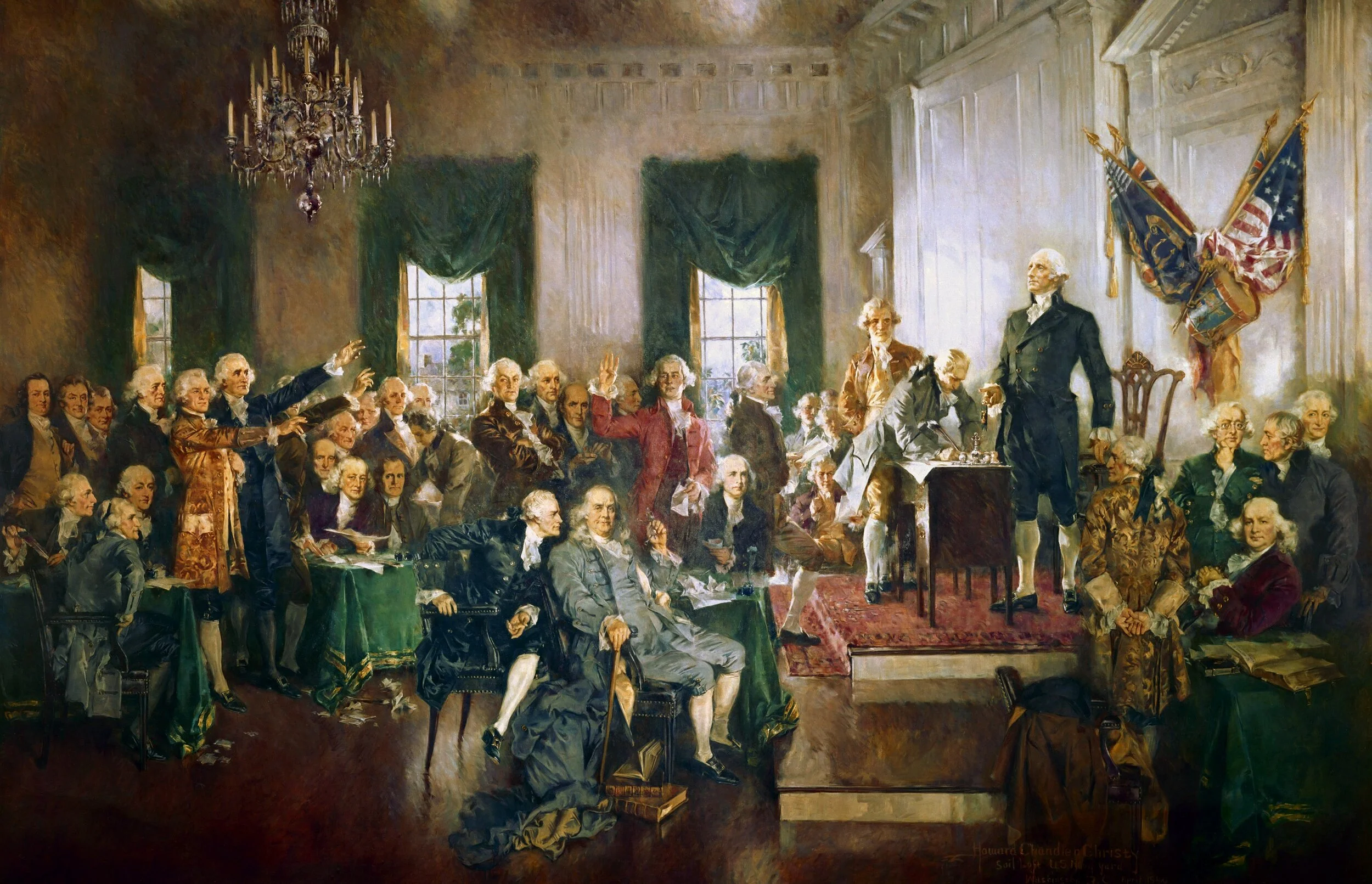Populism v. Progressivism
/Populism and Progressivism represent competing ideas about how to achieve more justice and a happier society. Populism arose in the 1850s and sputtering on for decades. Progressivism emerged in the 1890s and re-shaped America in about 20 years.
Both are reformist movements, but they have always been at odds. Historian Jill Lepore explains the conflict:
Populists believed that the system was broken; Progressives believed that the government could fix it. Progressives championed the same causes as Populists, and took their side against big business. But while Populists generally wanted less government, Progressives wanted more, seeking solutions in reform legislation and in the establishment of bureaucracies.
Populism, at its heart, simply says that ordinary people know what they want and ought to get it. Populism doesn’t trust a government elite, doesn’t trust intellectuals, and doesn’t approve of government actions that benefit the elites over ordinary people. (And that’s a problem because serving the elites over ordinary people is what government inevitably does.) Populism is majoritarian and is often skeptical of new ideas.
Populism has always been more anti- than pro-. In its early days, populism was anti-Catholic and anti-immigrant, anti-corporate monopoly, and anti-gold standard. More recently, Populism has been anti-Wall Street, anti-corporate bailout, and anti-immigrant. The Tea Party was a conservative anti-tax manifestation of Populism. Occupy Wall Street was a liberal anti-corporate bailout protest movement manifestation of Populism.
Populism has always been anti-intellectual. They want what they want because they want it — not because it would be optimal in any technical sense. To say Populists are proud of being ignorant might seem disrespectful. But Populists have owned it. The earliest manifestation of Populism was an anti-immigrant political party in the 1850s that called itself the Know Nothings. Today, Populists are still drawn to people who place form over substance:
Progressivism also is discontent with the status quo. But progressives tend to think change for the better is possible. Progressives believe experts (often themselves) know what to do. Progressivism is elitist, and is often impatient with the majority of ordinary working people.
The accomplishments of Progressivism include reforms to labor laws, food purity regulations, reduced corruption, industrial efficiency and votes for women. The great novel The Jungle, by Upton Sinclair is an example of Progressive literature. Theodore Roosevelt was a progressive in the White House, so for a time, Progressivism was the dominant social principle.
The two perspectives have always been at odds, and in 2020, the relationship between Progressives and Populists isn’t very healthy. In January 2020, the following conversation was broadcast on CNN:
CNN anchor Don Lemon took some heat for the way he bent over laughing at the characterization of Trump supporters as an “Incredulous, Boomer, Rube” demographic. The speaker, Rick Wilson, characterized the speech of Trump supporters as, “Yawl elitists are dumb!”
This incident drew a lot of attention, for a week or two, at least. But it is only one example of the tension and contempt between those two groups. If they could stop hurling insults at each other, they might be able to cooperate on some good changes. But that hasn’t happened in a century and a half of American history.








